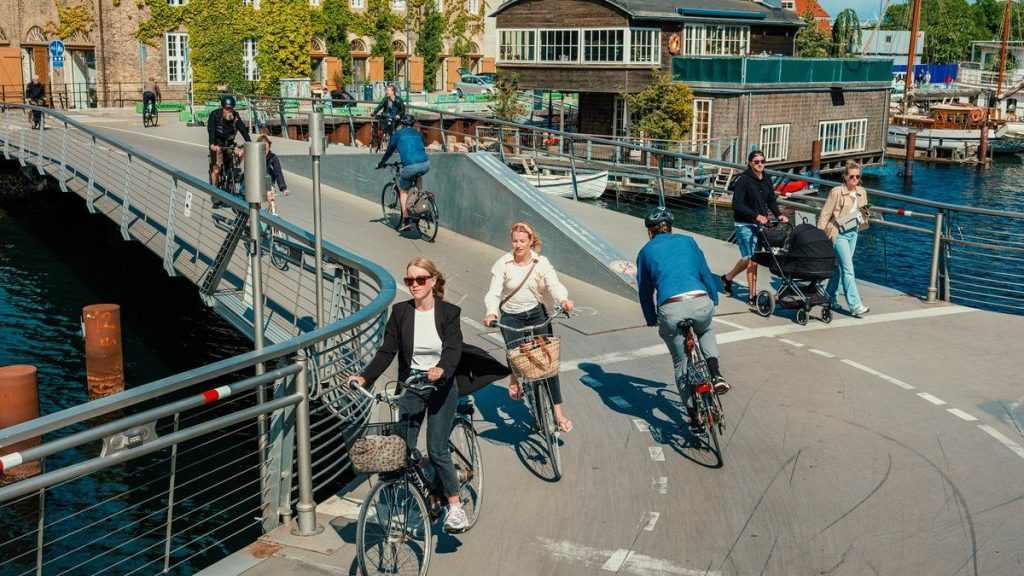Copenhagen, known for its sustainability efforts, has introduced a new initiative called ‘CopenPay’ which rewards tourists for participating in environmentally friendly tasks. The project is a response to the environmental impact of tourism, with participants able to earn rewards such as free food and activities by engaging in activities like litter-picking and using public transport instead of cars or taxis. The purpose of ‘CopenPay’ is to encourage tourists to act more sustainably while visiting the city, ultimately contributing to a more environmentally friendly tourism industry. The pilot scheme will run until 11 August and is ‘trust-based’, with attractions not required to verify green activities completed by participants.
‘CopenPay’ offers a variety of experiences for tourists who choose to participate, including guided museum tours, sports activities, and free vegetarian lunches made from locally-grown crops. Some experiences are exclusive to those taking part, such as a workshop at the National Gallery of Denmark for visitors who collect plastic waste. Other unique opportunities include skiing down the roof slope of Copenhagen’s iconic heating plant for tourists who use public transport or bike to the location. These incentives are designed to make tourism in Copenhagen more sustainable and beneficial for both visitors and the local community.
The ultimate goal of ‘CopenPay’ is to transform tourism from being an environmental burden into a force for positive change. By encouraging tourists to make green choices, the initiative aims to promote sustainable practices in transportation, consumption, and interaction with locals. Mikkel Aarø-Hansen, CEO at Wonderful Copenhagen, emphasizes the importance of focusing on the changes needed in tourism to reduce environmental impact. The hope is that ‘CopenPay’ will not only be successful in Copenhagen but will also inspire other cities around the world to adopt similar initiatives.
The idea behind ‘CopenPay’ is to offset the negative environmental effects of tourism by rewarding visitors for their sustainable behavior. Data from the 2023 Sustainability Index indicates that a majority of tourists are interested in making greener choices, yet many have not yet taken action. The initiative aims to bridge this gap by providing incentives for participating in activities like cycling, clean-up efforts, and volunteering at urban farms. By offering rewards such as free meals and access to unique experiences, ‘CopenPay’ seeks to motivate tourists to engage in environmentally friendly actions during their visit to Copenhagen.
The pilot scheme for ‘CopenPay’ will run from 15 July to 11 August, with 24 organizations participating in the project. While the government will not reimburse the companies behind the attractions, the initiative represents a significant step towards promoting sustainability in tourism. The trust-based nature of the scheme means that participants will not be required to provide proof of completing green activities, relying instead on the integrity of tourists to participate honestly. As Copenhagen continues to focus on green initiatives, the city hopes to set an example for other destinations and encourage a global shift towards more sustainable tourism practices.


